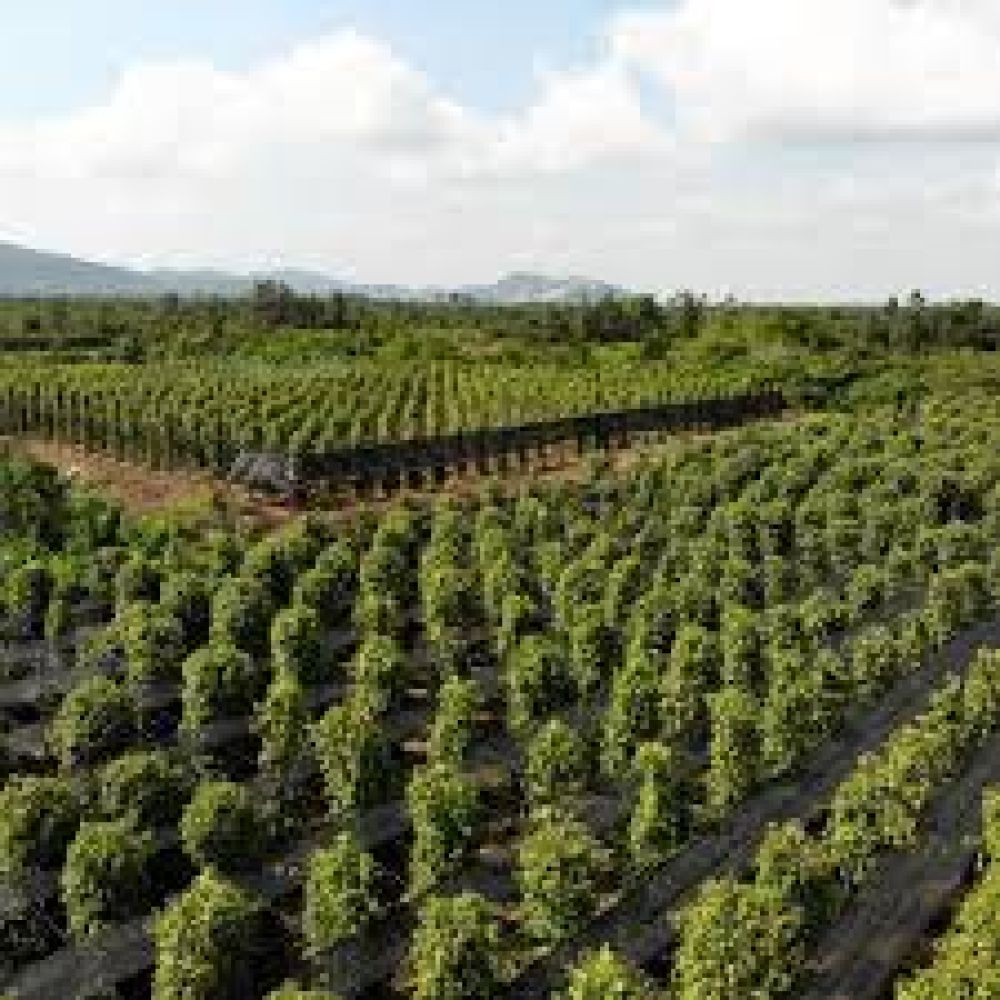

Known for its unique flavor and aroma, Kampot pepper has placed Cambodia, particularly the province of Kampot, on the global culinary map. While pepper cultivation dates back several centuries, it wasn't until the protectorate period of French colonial rule in the 19th century that Kampot pepper's fame began to spread internationally. Global gourmet chefs and food enthusiasts have long praised this exceptional spice.
The turmoil of the Khmer Rouge regime had a devastating impact on the pepper industry causing almost a complete halt to production and a subsequent decline in the region's visibility as a tourist destination. However, following the stabilization of Cambodia in the 1990s, there was a resurgence of interest in the unique characteristics of Kampot pepper amongst both locals and internationals.
Tourism in Kampot, and specifically to its pepper plantations, started to significantly grow as the world re-discovered the lost specialty. By the early 21st century, Kampot pepper had gained Geographical Indication status, which further solidified its importance and spurred the interest of both tourists and gastronomy experts.
Recent years have seen a growing movement of agritourism, with travelers seeking not only to taste the famed pepper but also to understand its cultivation and production processes. Visitors to Kampot's pepper plantations can enjoy tours that explain how pepper is grown, harvested, and processed. These tours often end with a tasting session, where visitors can experience the distinctly different flavors of green, black, white, and red Kampot peppers.
Another trend in tourism to the Kampot pepper plantations involves a more immersive experience for tourists. Several plantations now offer the opportunity for visitors to participate in the harvesting and processing activities, getting hands-on experience and an authentic feel of rural Cambodian life.
Sustainability and responsible travel have also become intrinsic components of tourism in Kampot. Plantations are increasingly adopting organic farming methods and there is a strong focus on ensuring that the benefits of tourism extend to the local communities. Many tourists are attracted to the region by these ethical and sustainable practices.
Additionally, with the rise of digital platforms and social media, smaller, family-owned plantations have now found a way to attract visitors, ensuring that the economic benefits of tourism are more evenly distributed. This also allows for a more personal and intimate tourism experience for visitors, who can engage directly with the families that have been cultivating pepper for generations.
Tourists planning to visit Kampot for its pepper plantations can look forward to a rich historical experience coupled with a sensorial delight. It is an opportunity to not only taste but also delve deep into the story behind one of the world's most revered spices. With a reputation for quality and a host of engaging activities, Kampot pepper plantations continue to be a top destination for those interested in the intersection of culture, history, and cuisine.